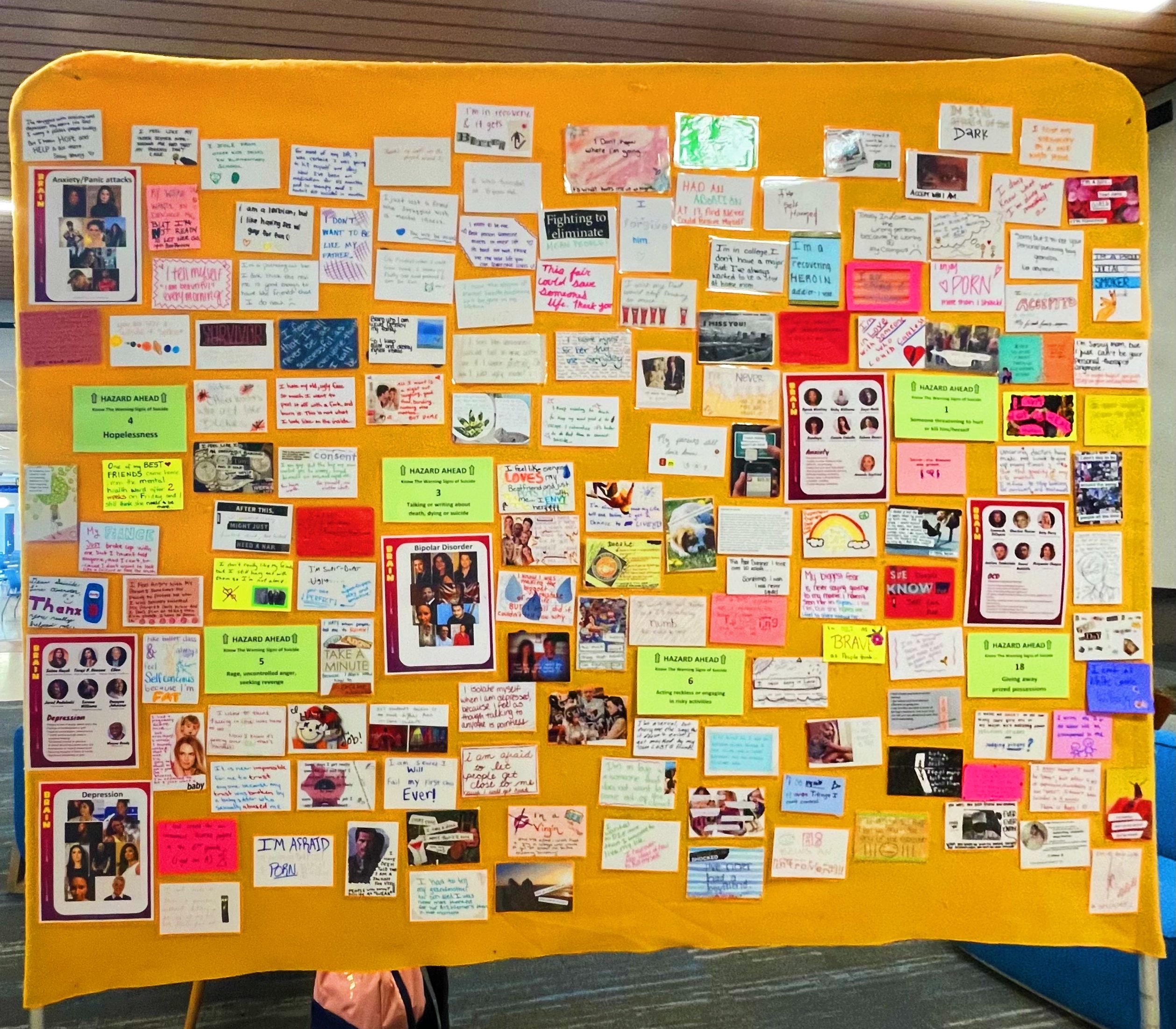With the growing popularity of shows like MTV’s hit “Catfish,” this new trend of cyber-bullying is gaining attention in local communities.
Catfishing is when someone pretends to be someone else on the internet, and lures another person into an “online relationship” with the false identity. While the purpose behind the impersonator may vary, the goal is always the same: convincing someone that you’re someone else by means of deception.
“I got ‘catfished’ by someone, it was really embarrassing,” said Jaime S., a second year student at SFCC. “I talked to him for four months on Facebook and texting by phone, and thought we had a connection. When I actually met him [in person], he didn’t look like the pictures he had sent me and he was a lot older than he had initially told me.”
Because most “catfish” use social media to aid in their deception, how can someone know whether the person behind the profile is sincere or not?
Some “catfishers” will steal a picture, or several pic- tures, from a real online profile and then use the images to create their false persona. One online tool that helps determine if someone’s profile is genuine is Google Image Search. This allows the user to upload an image or link to an image and search the internet for similar pictures.
“If the person is cagey about a video chat, if the person doesn’t want to meet up, those are red flags” said Max Joseph, star of MTV’s show ‘Catfish’ in an interview with The Washington Post. “It’s virtual contraception. You should do a certain amount of researching — 10 minutes or so is enough — on any person you’re getting involved with, to protect yourself.”
Other red flags might be a profile with very few friends added to it, or pictures with no “tags” to link them to actual profiles. Also, if the person consistently makes excuses to avoid a video chat or phone conversation, or to avoid meeting in person, it might be because they are covering a deception and may not be who they say they are.
While “catfishing” seems to be a growing trend, successful online relationships are also becoming popular thanks to dating websites like eHarmony.com, match. com, ChristianMingle.com, and okcupid.com.
“I met my boyfriend in a Washington romance chat room on Yahoo Messenger back in 2002,” said Pamela Griffin, Airway Heights resident. “I actually didn’t like his online personality at first, and didn’t talk to him much online. We ended up getting introduced to each other through other online connections we had, and hit it off in person almost right away.
“We moved in together about 7 years ago, and we’re still very happy together and love each other very much. If it wasn’t for the Internet causing our paths to cross, I probably would not have met him.”
Dr. Neil Clark Warren, a clinical psychologist and founder of eHarmony.com, based the website’s “29 Dimensions of Compatibility” on the characteristics he observed in successful couples during his 35 years of providing counseling services. He determined that matching singles could be successful based on the dimensions of compatibility, and the website claims responsibility for 5% of successful marriages in the United States. MTV’s show ‘Catfish’ airs Mondays at 11pm.


